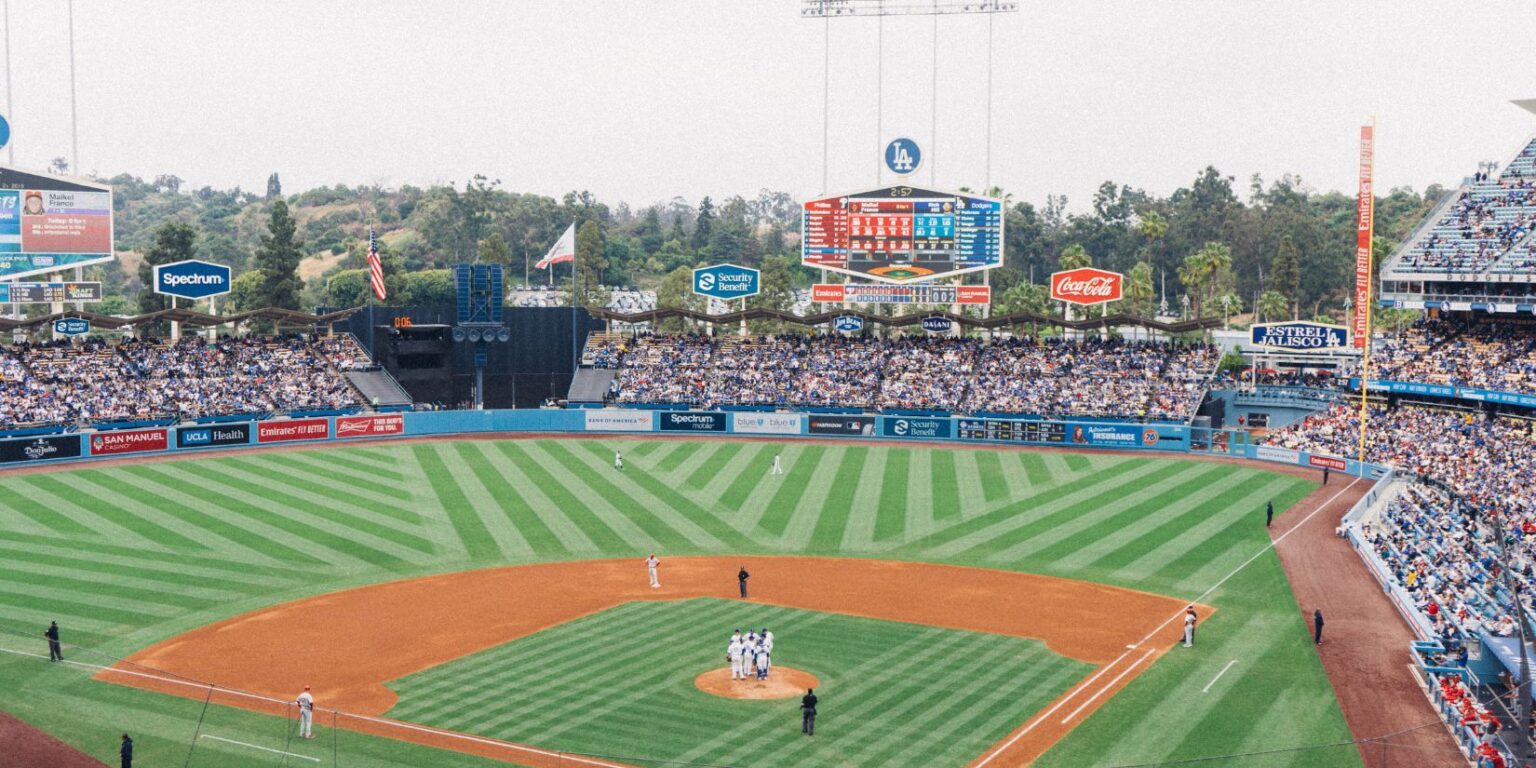In an effort to improve the pace of play and attract a younger audience, Major League Baseball (MLB) has announced a series of groundbreaking rule changes set to take effect in the 2025 season. On January 20, 2025, the MLB unveiled a comprehensive package of modifications aimed at reducing game length, increasing excitement, and creating a more dynamic fan experience. These changes, which include limiting pitch times, altering defensive shifts, and reworking the use of instant replay, have been met with mixed reactions from players, coaches, and fans alike, signaling a pivotal moment in the evolution of America’s pastime.
One of the most anticipated changes is the implementation of a pitch clock. Starting this season, pitchers will be required to deliver a pitch within 18 seconds when no runners are on base, and within 22 seconds when there are runners. This new rule is designed to prevent pitchers from taking excessive time between pitches, a factor that has contributed to the growing length of games in recent years. On average, MLB games have been clocking in at over three hours, a trend the league hopes to reverse with this adjustment.
“We’re committed to making the game faster and more engaging for our fans,” said MLB Commissioner Rob Manfred. “The pitch clock is a step toward a more efficient and enjoyable experience without compromising the integrity of the game. This will keep the action moving and ensure that fans stay engaged from start to finish.”
In addition to the pitch clock, MLB is also cracking down on defensive shifts, which have become a hallmark of modern baseball strategy. Under the new rules, fielders will be required to stay within specific zones on the field, ensuring that two infielders are positioned on each side of second base. The shift, which has been widely used in recent years to counteract power hitters, has been criticized for making the game less entertaining and reducing offensive output. The league hopes that restricting shifts will encourage more balls in play, leading to higher batting averages and more dynamic action on the field.
The rule changes also address the growing concerns over instant replay, which has been a source of controversy for several seasons. Starting in 2025, MLB will introduce a more streamlined review process, limiting the number of plays that can be challenged and instituting a faster review system. This new system aims to balance accuracy with efficiency, reducing the time spent on video reviews and keeping the pace of the game intact.
“We want to get calls right, but we also want to maintain the flow of the game,” Manfred added. “The new replay system will ensure that we uphold the integrity of the sport while eliminating unnecessary delays.”
The reaction to the rule changes has been mixed. Players and managers have expressed both support and concerns over the adjustments. While many welcome the push for a quicker game, some worry that the pitch clock could disrupt pitchers’ rhythm and that restricting defensive shifts might limit strategic options.
“I understand why they want to speed up the game, but there are a lot of nuances to pitching and fielding that the pitch clock and shift restrictions could impact,” said veteran pitcher John Smith. “It will take some time to adjust, but I’m hopeful it will make the game more exciting overall.”
For fans, particularly those in the younger demographics, the rule changes have been largely welcomed. Social media reactions have been largely positive, with many applauding the league for taking steps to make the game more accessible and less time-consuming. Younger viewers, who have increasingly gravitated toward faster-paced sports, have long voiced concerns about the slow pace of baseball games.
“I’m really excited to see what these changes will do,” said 25-year-old fan Mark Thomas. “Baseball is a great sport, but it can be a little slow sometimes. These changes should make it more fun to watch.”
As the 2025 season approaches, the MLB’s rule changes are poised to redefine the experience of America’s pastime. Whether or not these modifications will lead to a more engaged fanbase remains to be seen, but one thing is clear: baseball is evolving, and the league is committed to keeping the game relevant in a rapidly changing sports landscape.
